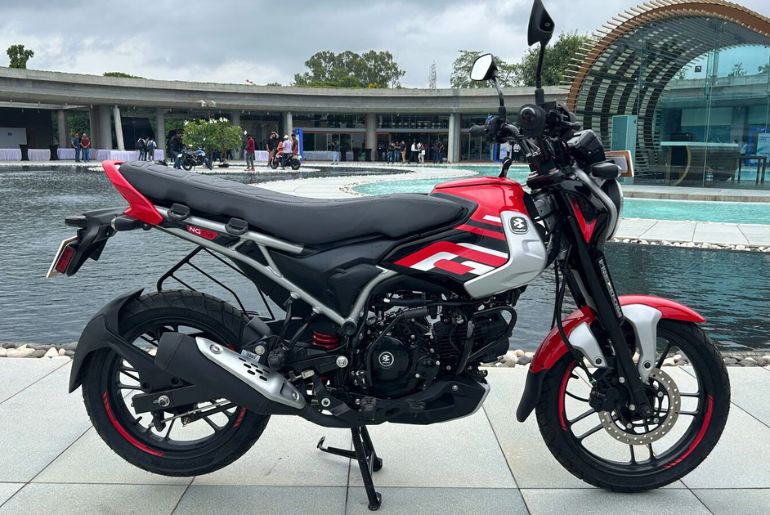Bajaj Auto is facing mounting challenges as it grapples with sluggish motorcycle demand and a significant slowdown in electric vehicle (EV) production, creating a dual strain on its growth momentum.
According to a recent report, the Pune-based two-wheeler major has encountered a marked dip in domestic motorcycle demand, particularly in the entry-level segment. Industry observers cite rising vehicle prices and tepid rural sentiment as key factors behind the slowdown.
On the EV front, Bajaj’s flagship electric scooter, the Chetak, has seen constrained production in recent months. A shortage of key components, especially semiconductor chips, and supplier-related bottlenecks have hampered its manufacturing volumes and affected timely delivery schedules. The brand had been riding high on the Chetak’s rising popularity, but this disruption has dimmed its EV expansion plans.
Despite a strong portfolio and ongoing efforts to scale operations, Bajaj Auto’s total production volumes in the EV category have not met internal targets or market expectations. The company had planned to aggressively expand the Chetak’s availability to over 100 cities, but execution has been slower than anticipated.
Industry experts believe that without significant recovery in rural demand and a resolution of supply-side constraints, Bajaj’s short-term prospects may remain under pressure. However, the company is reportedly working on strengthening its supply chain and expanding its EV production facility to address current gaps.
Bajaj Auto has not issued an official statement on the production shortfall but remains committed to long-term growth in the electric mobility sector. With competition intensifying in both traditional and EV markets, timely course correction will be critical for the automaker’s sustained performance.

